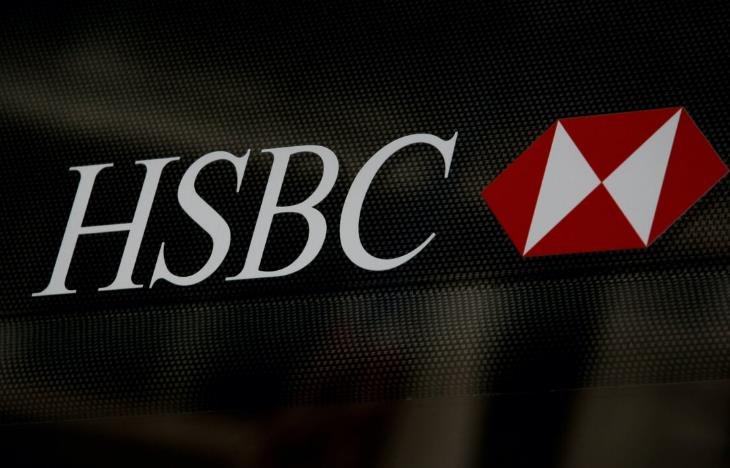HSBC, one of the world’s largest banks, is facing a difficult situation in China, where it has to balance its business interests with the political and economic realities of the country. The bank, which has a long history in Hong Kong and mainland China, has been accused of kowtowing to Beijing by supporting the controversial national security law imposed on Hong Kong last year. At the same time, it has been struggling to compete with local rivals in the Chinese market, where it has invested heavily in recent years.
HSBC’s support for the national security law sparked criticism
The national security law, which was enacted by Beijing in June 2020, gave the Chinese authorities sweeping powers to crack down on dissent and pro-democracy movements in Hong Kong. The law was widely condemned by western governments and human rights groups as a violation of Hong Kong’s autonomy and freedoms under the “one country, two systems” principle.
HSBC, however, publicly backed the law, saying that it was necessary to restore stability and prosperity in Hong Kong. The bank’s chief executive, Noel Quinn, also signed a petition in support of the law, along with other business leaders in Hong Kong. This move drew criticism from western politicians and activists, who accused HSBC of siding with Beijing and betraying the values of democracy and human rights.
For example, former British foreign secretary Jeremy Hunt said that HSBC was “blundering into a trap” by endorsing the law, and warned that it could face sanctions from the UK and the US. He also said that HSBC was risking its reputation as a global bank by alienating its customers and shareholders who care about these issues.

HSBC’s business in China faces challenges and opportunities
Despite its support for the national security law, HSBC has not received much favor from Beijing, which has been tightening its grip on Hong Kong and cracking down on foreign businesses operating in China. HSBC has been caught up in several political controversies involving China, such as the arrest of Huawei’s chief financial officer Meng Wanzhou in Canada at the request of the US, and the freezing of accounts belonging to pro-democracy activists and lawmakers in Hong Kong.
HSBC has also faced fierce competition from local banks and fintech companies in China, where it has invested more than $20 billion since 2007. The bank has been trying to expand its presence and market share in mainland China, especially in the wealthy southern region of Guangdong. However, it has been struggling to compete with domestic players who have more customers, lower costs, and better access to data and technology.
On the other hand, HSBC still sees China as a key market for its future growth, as the country is expected to recover faster from the Covid-19 pandemic than other economies. The bank also hopes to benefit from China’s opening up of its financial sector to foreign investors and its ambitious plans to develop the Greater Bay Area, which includes Hong Kong, Macau, and nine cities in Guangdong. HSBC aims to leverage its expertise in cross-border banking and wealth management to serve the growing demand from Chinese consumers and businesses.
HSBC faces a dilemma between east and west
HSBC’s predicament in China reflects the broader challenges faced by multinational companies that have to navigate between the conflicting interests and values of different countries and regions. As tensions between China and the west escalate over issues such as trade, technology, human rights, and geopolitics, HSBC may find it harder to maintain its dual identity as both a British bank and a Hong Kong bank.
Some analysts have suggested that HSBC should consider splitting itself into two separate entities: one focused on Asia and based in Hong Kong, and another focused on Europe and based in London. This would allow each entity to operate more independently and avoid regulatory conflicts and political pressures from both sides. However, such a move would also entail significant costs and complexities, as well as potential risks of losing synergies and scale.
HSBC’s dilemma is unlikely to be resolved anytime soon, as the bank will have to continue to balance its business interests with the political and economic realities of China. The bank will have to make difficult choices and trade-offs that may affect its reputation, profitability, and sustainability in the long run.
